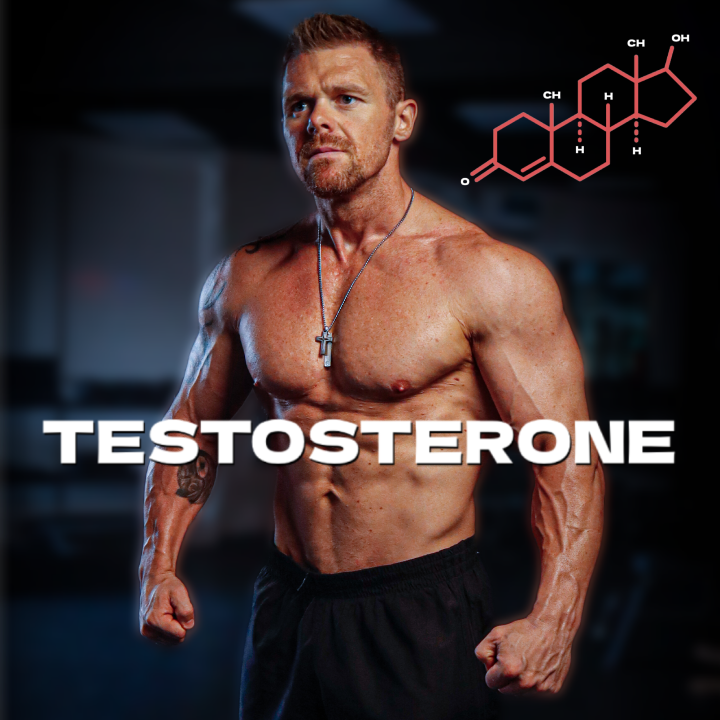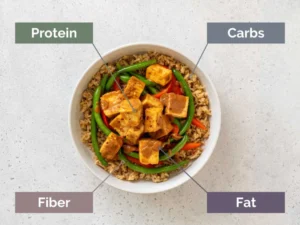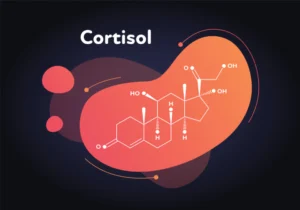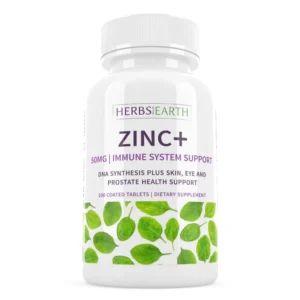Testosterone is a critical hormone impacting overall health, sexual function, muscle growth, and disease risk. Fortunately, scientific research provides evidence-based strategies to naturally increase testosterone levels.
Understanding Testosterone
Testosterone is a steroid hormone produced primarily in the testes and ovaries, with small amounts synthesized in the adrenal glands. During puberty, testosterone drives physical changes such as muscle growth, deeper voice, and hair development. Optimal testosterone levels are essential throughout adulthood, influencing sexual health, muscle mass, strength, and even mental well-being.
Evidence-Based Ways to Naturally Increase Testosterone:
Engage in Regular Strength Training and Exercise
Strength training, such as weightlifting, significantly elevates testosterone levels. A comprehensive review published in “Sports Medicine” (2017) showed acute hormonal responses in testosterone following resistance exercise. Additionally, high-intensity interval training (HIIT) has demonstrated positive hormonal impacts, enhancing testosterone more effectively than steady-state cardio.
Maintain a Balanced Diet with Adequate Protein, Fats, and Carbohydrates
Nutrition directly impacts hormone production. Adequate protein supports muscle mass and contributes to higher testosterone levels. A diet low in dietary fat may negatively influence testosterone levels. Research in “The Journal of Steroid Biochemistry and Molecular Biology” (2021) indicates healthy fats—particularly monounsaturated and polyunsaturated fats—support optimal testosterone production. Balanced carbohydrate intake is equally important, as excessively restrictive diets have been linked to decreased testosterone.
Manage Stress to Lower Cortisol Levels
Chronic stress elevates cortisol, a hormone negatively correlated with testosterone. Studies indicate that prolonged high cortisol levels can suppress testosterone production. Practices such as mindfulness, meditation, regular exercise, and ensuring adequate sleep can effectively reduce stress-induced cortisol elevation.
Optimize Vitamin D Levels
Vitamin D deficiency is strongly correlated with low testosterone levels. Research published in “Hormone and Metabolic Research” (2011) demonstrated that supplementation with vitamin D significantly raised testosterone in vitamin D-deficient individuals. Regular sun exposure or vitamin D3 supplementation, guided by healthcare advice, can help maintain optimal testosterone levels.
Supplement Wisely: Zinc and Herbal Supplements
Zinc supplementation is supported by evidence, as zinc deficiency correlates with reduced testosterone. A clinical trial published in “Nutrition” (2020) indicated that zinc supplementation increased testosterone levels in men with low baseline zinc. Herbal supplements such as ashwagandha have shown promising results; a randomized controlled trial in “American Journal of Men’s Health” (2019) demonstrated that ashwagandha significantly increased testosterone levels and improved sexual function.
Always consult healthcare providers before initiating supplement routines, especially if there are existing medical conditions.
Prioritize High-Quality Sleep
Quality sleep is directly associated with healthy testosterone levels. A study published in “JAMA” (2011) reported that participants restricted to 5 hours of sleep per night experienced testosterone reductions by up to 15%. Optimal sleep duration typically ranges between 7 to 9 hours per night for hormonal health.
Minimize Exposure to Endocrine-Disrupting Chemicals
Certain chemicals such as bisphenol A (BPA) and parabens mimic estrogen and negatively affect testosterone production. A review in “Environmental Health Perspectives” (2020) emphasized avoiding plastic containers, receipts, and certain cosmetic products to minimize these endocrine disruptors.
Moderate Alcohol Intake
Excessive alcohol intake suppresses testosterone synthesis. Research in “Alcoholism: Clinical & Experimental Research” (2019) found that acute alcohol consumption significantly lowered testosterone within hours, while chronic heavy drinking caused lasting suppression and reproductive dysfunction.
The Importance of Maintaining Optimal Testosterone Levels
Testosterone peaks around age 19 and gradually declines approximately 1-2% annually after age 30. Sustaining healthy testosterone levels throughout adulthood reduces risks associated with obesity, cardiovascular disease, and overall mortality.
Incorporating these scientifically backed practices can optimize testosterone levels, enhance physical health, and promote overall well-being. To get started, evaluate your current lifestyle habits, consider consulting a healthcare professional, and adopt these strategies to naturally enhance your testosterone and overall health.
For personalized guidance tailored to your fitness goals, request a call with me Coach Christian today.









